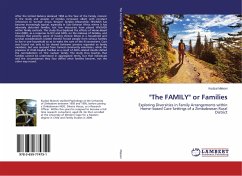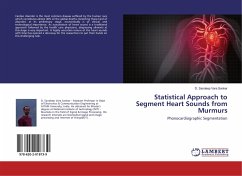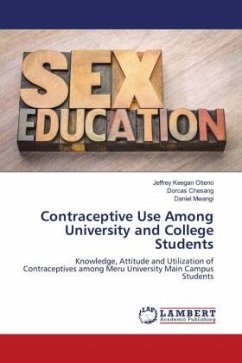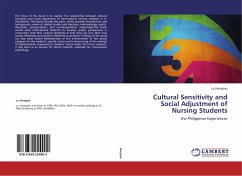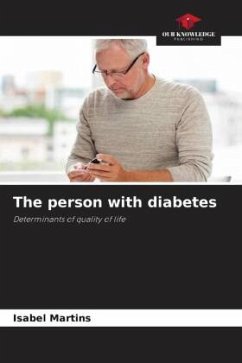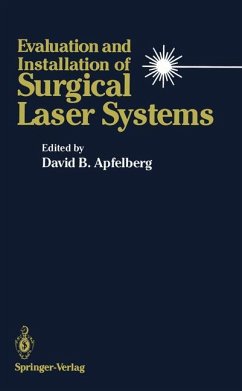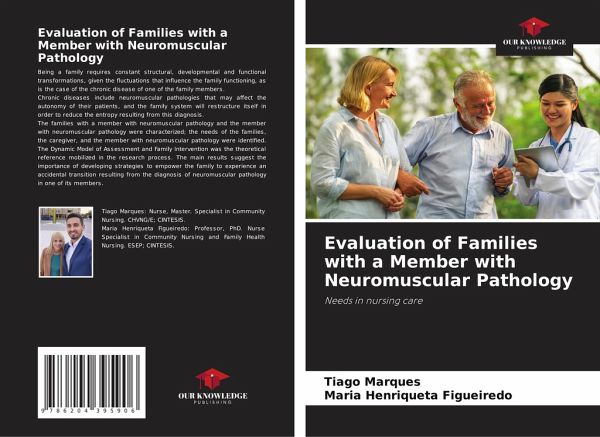
Evaluation of Families with a Member with Neuromuscular Pathology
Needs in nursing care
Versandkostenfrei!
Versandfertig in 6-10 Tagen
27,99 €
inkl. MwSt.

PAYBACK Punkte
14 °P sammeln!
Being a family requires constant structural, developmental and functional transformations, given the fluctuations that influence the family functioning, as is the case of the chronic disease of one of the family members.Chronic diseases include neuromuscular pathologies that may affect the autonomy of their patients, and the family system will restructure itself in order to reduce the entropy resulting from this diagnosis.The families with a member with neuromuscular pathology and the member with neuromuscular pathology were characterized; the needs of the families, the caregiver, and the memb...
Being a family requires constant structural, developmental and functional transformations, given the fluctuations that influence the family functioning, as is the case of the chronic disease of one of the family members.Chronic diseases include neuromuscular pathologies that may affect the autonomy of their patients, and the family system will restructure itself in order to reduce the entropy resulting from this diagnosis.The families with a member with neuromuscular pathology and the member with neuromuscular pathology were characterized; the needs of the families, the caregiver, and the member with neuromuscular pathology were identified. The Dynamic Model of Assessment and Family Intervention was the theoretical reference mobilized in the research process. The main results suggest the importance of developing strategies to empower the family to experience an accidental transition resulting from the diagnosis of neuromuscular pathology in one of its members.



